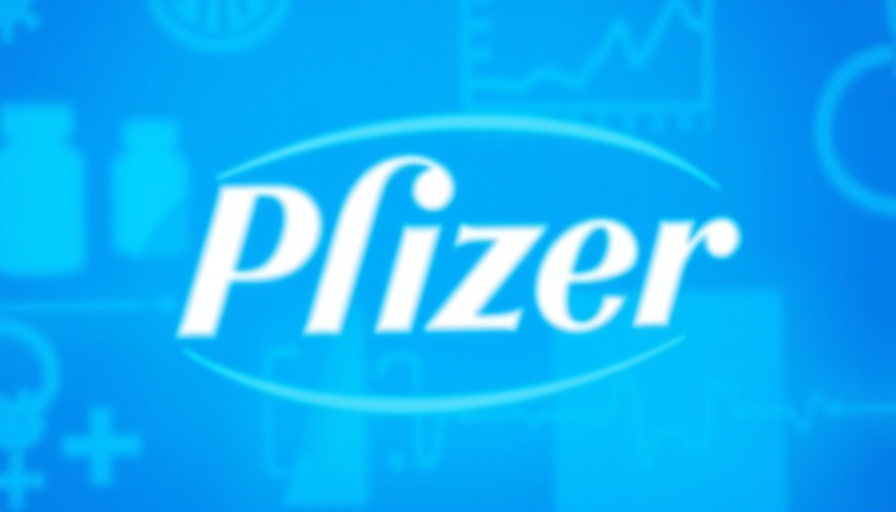
Pfizer Halts GLP-1 Pill Development: Implications for Obesity Treatment
In a significant move that underscores the complexities of pharmaceutical development, Pfizer announced on Monday that it would discontinue its experimental oral obesity drug, danuglipron. This decision comes after an asymptomatic volunteer in the clinical trials experienced potential liver toxicity, raising red flags about the drug's safety profile. While the particular case resolved after discontinuation, the implications of liver injuries can lead to serious concerns for broader patient safety.
What This Means for Obesity Treatments
The decision to halt danuglipron's development adds to the growing anxiety surrounding obesity medications, which are at the forefront of healthcare discussions today. GLP-1 drugs, primarily known for their weight loss efficacy in diabetes treatment, have surged in popularity. However, the existing injectable options like Zepbound and Wegovy are facing a supply crunch due to overwhelming demand. An oral medication could dramatically increase accessibility for patients, making Pfizer's termination of danuglipron an alarming setback in this quest.
Rethinking the Future of Obesity Care
Pfizer's chief scientific officer, Chris Boshoff, reassured stakeholders that the company remains committed to pursuing alternative treatments for obesity, including a new oral GIP antagonist. This shift reflects the industry's adaptive spirit amidst setbacks, showcasing the dynamic landscape where innovation must continuously overcome scientific and regulatory hurdles.
The Bigger Picture: Challenges in Drug Development
Pfizer's experience with danuglipron aligns with a broader narrative in the pharmaceutical field, where obstacles such as unidentified side effects can derail promising innovations. Notably, their prior GLP-1 oral pill was scrapped due to similar liver concerns, signaling that despite advancements, the road to safer and effective obesity medications remains fraught with challenges.
This situation leaves many wondering: what does the future hold for obesity management? With the demand for effective solutions rising, other pharmaceutical companies may find openings to fill the gap left by danuglipron. As research continues, the hope persists that future innovations will provide safer, more effective options for those struggling with obesity.
 Add Row
Add Row  Add
Add 




Write A Comment